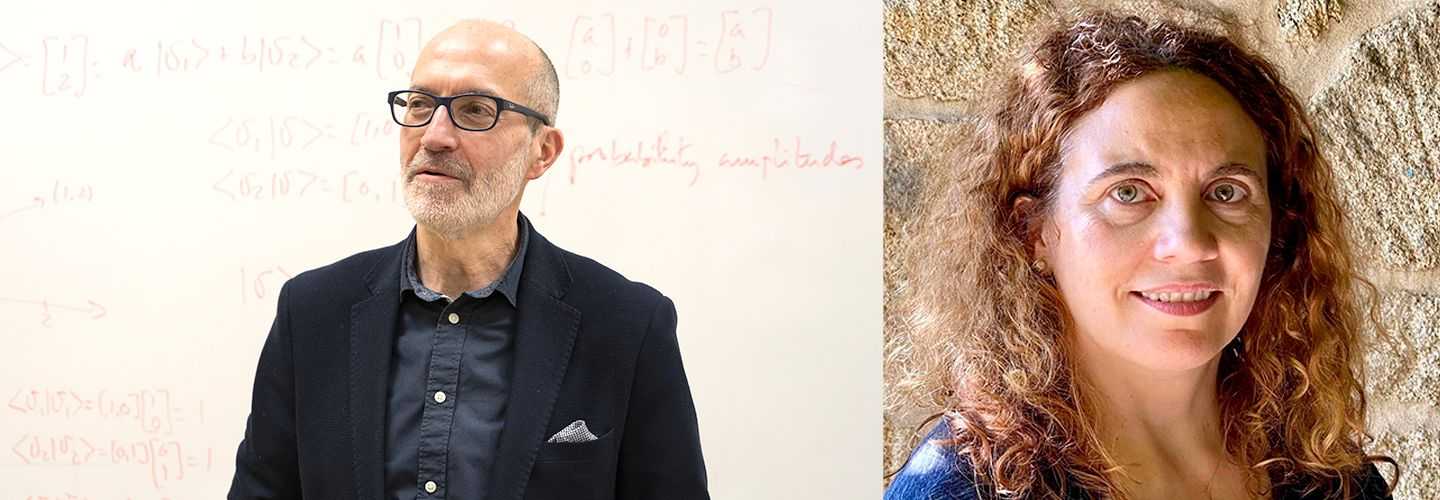
Senén Barro joins the Elcano Royal Institute's Scientific Council
CiTIUS scientific director thus joins this think tank and laboratory of ideas created in 2001, considered "the main think tank in Spain and one of the most relevant in Europe".
Senén Barro, Professor of Computer Science and Artificial Intelligence and Director of the Centro singular de Investigación en Tecnologías Inteligentes (CiTIUS) has been appointed as a member of the Scientific Council of the Elcano Royal Institute, a consultative body whose main objective is to "strengthen and multiply the analytical capacity and impact" of the Elcano Institute on the academic community, networks of think tanks and society as a whole. The director of the centre has joined the institution together with his colleague María Loureiro, Professor of Economics at the University of Santiago de Compostela.
The composition of this body is made up of around one hundred people from four thematic blocks: global think tanks, researchers and policy makers, Latin American academics and active Spanish ambassadors. All members are assigned around the ten axes of the Institute's research agenda, with the latest generations of global research staff represented. As Professor Senén Barro explains, the Elcano Royal Institute "is the main think tank in Spain and one of the most relevant in Europe". The Scientific Council will be Elcano's international advisory body, particularly in the context of the Institute's research. In the opinion of Professor María Loureiro, the challenges of this body 'are related to the coordination between the different areas to produce useful information of a social nature, which allows for specialised and impartial advice on current issues of relevance to Spain'.
The two professors of the Compostela institution highlight their respective areas of contribution, in the case of Professor María Loureiro advising on matters related to studies on the economic impact of climate change and other aspects related to the exploitation of natural resources. The professor makes a "very positive" assessment of her appointment as a member of the Council, from a personal point of view and as a representative of the USC in centres of recognised prestige. Recently, Professor Loureiro had also participated in the Spain 2050 project where she collaborated in the development of the study 'Fundamentals and proposals for a long-term national strategy', a document that presents a diagnosis of the challenges that Spain will face in the medium and long term, analysing the possible risks and also the opportunities that could be generated by mega trends such as climate change, demographic ageing or digital transformation.
Among the ten axes of the Elcano research agenda, Senén Barro will be particularly involved in the one on technology and economic transformations. "The impact of the most transformative technologies, particularly ICTs, not only transcends borders, but also globalises societies and economies around the world," explains the Director of CiTIUS. In his opinion, the well-known phrase 'think globally, act locally' "is particularly relevant in this case, and will undoubtedly be one of Elcano's challenges, to which I hope to contribute in a relevant way". To explain this, Barro appeals to the fact that the local impacts of these technologies 'are enormous: they affect employment, its automation, education, health... and they are, spontaneously, amplifiers of inequalities, so we cannot stand by and watch their development and application'.